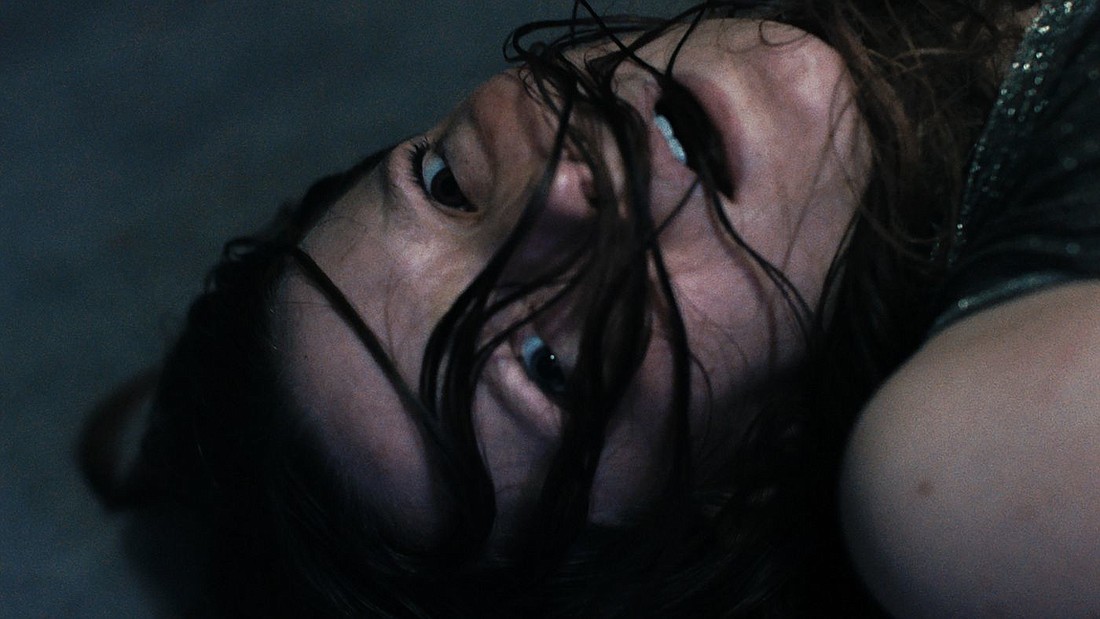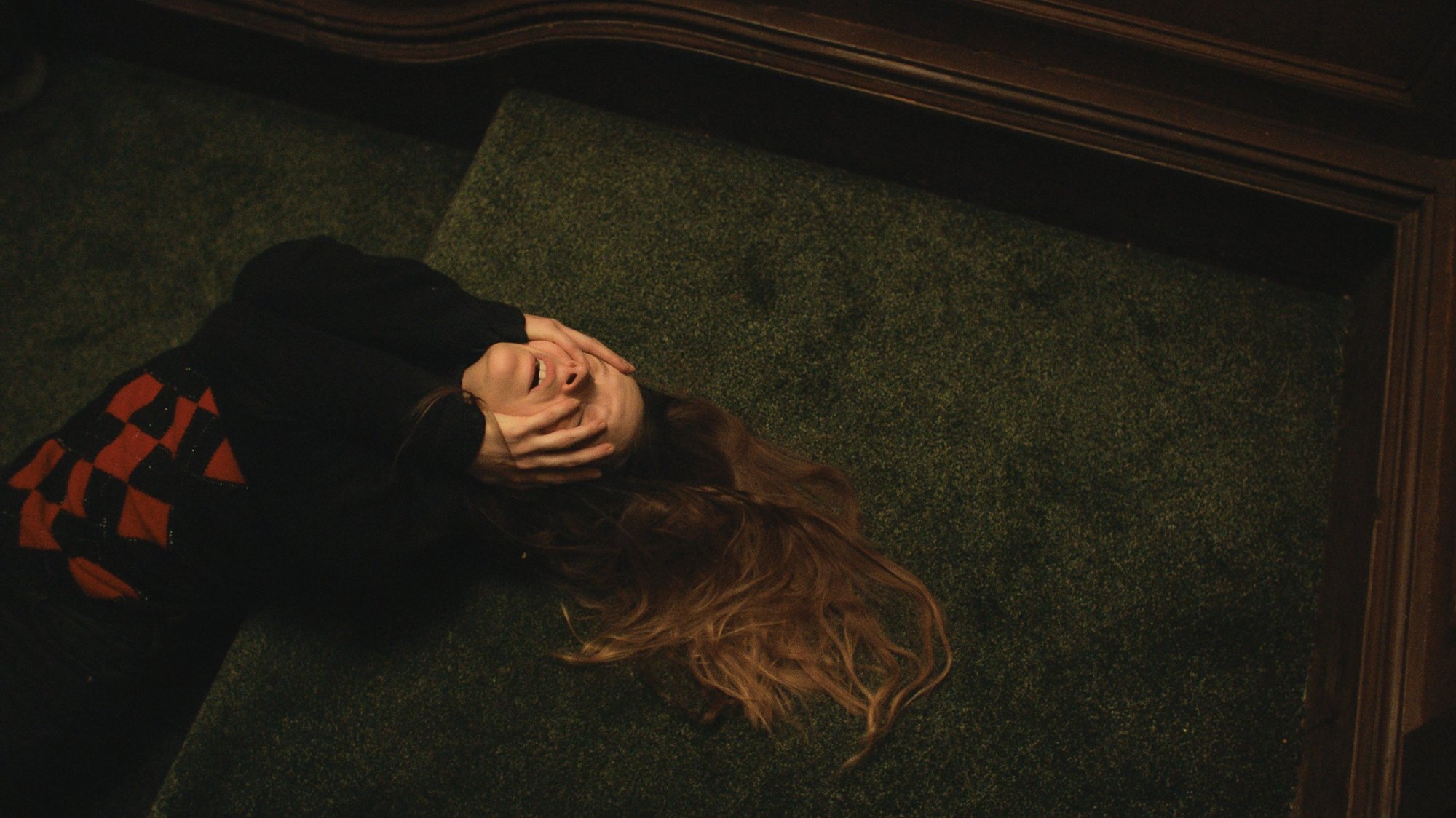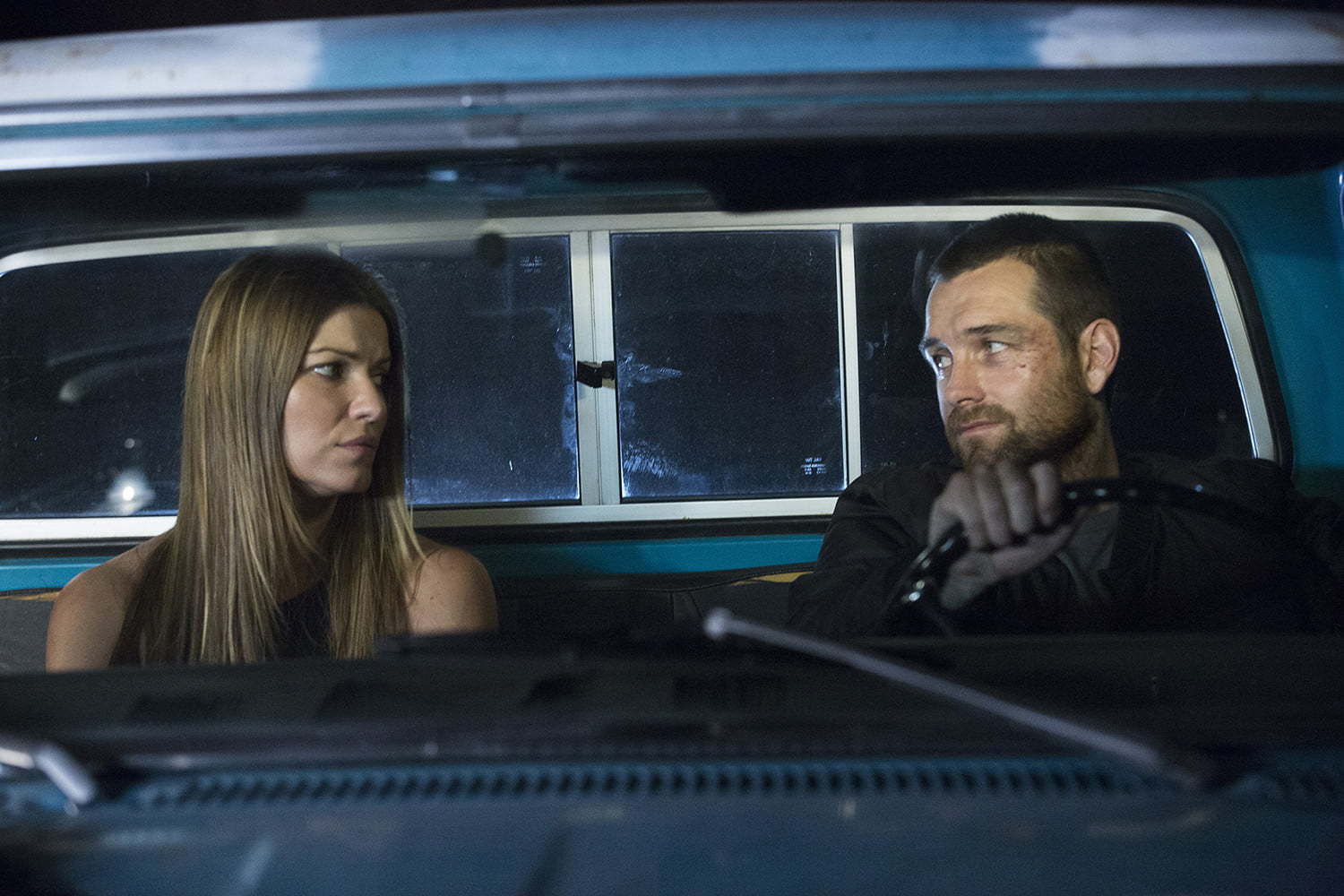- April 9, 2025
-
-
Loading

Loading

The round-up
YouTube, unrated, 97 episodes, 97 hours of content

Like I said, I've had a busy few weeks, and any time I have a busy few weeks, I like to sink myself into something insanely stupid during my free time, just so my brain can fully cease to function for a while. Sometimes that means marathoning the "Jackass" movies/series. Sometimes that means watching "The Nice Guys" for the 35th time. This time, it meant finally diving into a show I had heard a lot about but never watched: "Taskmaster."
"Taskmaster" is a British show developed by comedian Alex Horne and hosted by Horne and Greg Davies (who is, canonically, the Taskmaster). This is a panel show, if you're familiar with those British favorites. If you're not, it's very simple: Panel shows are shows that feature a panel of comedians playing some sort of game. In the case of "Taskmaster," however, things are a bit more complicated than that. Before they come together to crack jokes on each other, the comedians all pre-tape segments where they complete tasks given to them by the Taskmaster. These are usually done at the Taskmaster house, which sits on the edge of a golf course in Chiswick. The tasks can be anything from "Eat this egg. Fastest time wins. Your time starts now," to "Impress this mayor. You have one hour." (It was a real small-town mayor.)
The tasks can usually be done in a straightforward way, but the real fun comes in watching these comedians try to skirt the rules in an attempt to game the system and get the best time/most points/etc. For example, in a challenge where the person who took the least amount of steps on the way to opening a microwave was the winner, some people chose to roll or crawl — on a disturbingly goose poop-heavy race track, might I add — because rolls and crawls are not steps. (The Taskmaster allowed this.) Another contestant tried to use cartwheels. (The Taskmaster did not allow this; cartwheels are just "fancy steps.")
As you might have surmised, a lot of the fun lies in the interpretation of the rules. Davies, the Taskmaster, gets the final say on such rulings, and his reasons for allowing or not allowing certain actions are often as funny as the actions themselves. Each episode contains a number of these tasks. The person with the most points at the end of an episode wins prizes determined by each episode's first challenge. (This will make sense when you watch.) The best part of "Taskmaster" is that the contestants are not just there for one episode but for a whole season. This allows for a ton of inside jokes to be made. Each season gets funnier the longer it goes. At the end of each season, the person with the most overall points wins a golden trophy of Davies' head, because why not?
The first seven seasons of "Taskmaster" (plus season 10?) are available on the show's YouTube page, so anyone can watch.
Epix, rated R, 84 minutes

Tons of horror-adjacent movies work for 95% of their run time and then collapse, so when one not only doesn't collapse but makes its final frame its strongest, it's worth seeing.
"Saint Maud" is the debut film from Rose Glass and stars Morfydd Clark as the titular Maud, who works as an in-home nurse. When we meet her, she's starting a new job caring for Amanda (Jennifer Ehle), a once-famous stage dancer who has a chronic illness is now close to death. In an attempt to calm Amanda's fears about dying, Maud begins talking to her about God.
See, Maud is a recent Christian convert herself. She's quite fervent in her new-found faith. The reasons for this conversion aren't crystal clear, but they're hinted at, and reader: It didn't happen because of anything good. She punishes herself in signs of devotion, increasing her own pain each time. Maud even claims to be able to feel God within her, but her reactions to this feeling are more akin to things that happen in the bedroom than things that happen during a church service. Something's off about the whole situation.
Anyway, when not punishing herself, Maud is trying to convert Amanda. One problem with that, though. Amanda is resistant. She combats Maud's earnestness with a raging sarcasm. Once, when Maud is having a "feeling God" episode, Amanda pretends to feel God, too. But Maud is too naive to understand Amanda is making fun of her. She won't stop trying to save Amanda from damnation — no matter what it takes.
Even though there is lots of Christian imagery in "Saint Maud," the film is more of a commentary on the nature of obsession than an indictment of the religion itself. When a person believes in something, anything, to an extreme degree, it can cause logic to disappear. Delusion can set in. But who's the deluded one here? Is Amanda, in her staunch atheism, the one who has lost the plot? Is it Maud? Or is something more supernaturally sinister in control, pulling strings and causing chaos?
You won't know the truth until the final frame. And then you will. The ending makes everything click into place. Instead of introducing new elements that muddle everything you just watched, it makes things clearer. (What a concept.) I watched "Saint Maud" a few weeks ago now, and I'm still thinking about the film's final image. It's that powerful.
HBO Max, rated TV-MA, 38 episodes, 38 hours of content

I wrote about "Banshee" a little more than a year ago for Hinge Blog, at the time saying I thought it would be a revisionist hit if it landed on a major streaming service.
Well, now it has. The series hit HBO Max at the end of February and I'm hoping it finds an audience because it deserves it. I laid out my case here, but here's a few bullet points I didn't get to last time that I would like to share with you all:
This one is definitely not for the kids. But for the rest of you, welcome to the best time watching TV you'll have in a while.